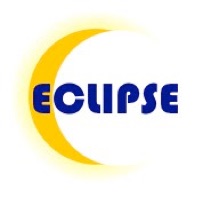Felix was a student interviewed as part of the LASAR project. When he was in Y7 (c.11 years old in the English school system) he suggested having learnt about the universe being formed by a big bang caused by the collision of two meteorites.
Do you know what the big bang is?
Em, well, I think, em, where two, was it meteorites collided…
Mm-mm.
… and created like…
The universe.
… the universe, yeah.
Felix seemed to think he was recalling something he had been taught.
And have you… have you done anything like that in science? The beginning of the universe.
I think… I think we’ve done a bit on it, yeah. Not a lot though.
And how was that taught?
Yeah, that, em…well, I…I remembered it and everything - it’s quite easy to remember.
Felix was interviewed again the following year, when he again described the big bang in terms of a collision between meteorites:
What does science say about how the universe began?
Well, em, with the Big Bang…where two meteorites collided and, er, created the world.
And, sorry?
And created the world.
And created the world?
Yeah.
…So you were saying that…one of the science ideas is that the universe began when two meteorites…
Collided.
…collided, and that was called…
The Big Bang.
The idea that the whole universe could come into existence from nothing is counter-intuitive, as it does not match our experience or living within the universe. It is not unusual for students to understand the big band as having a material cause, due to the some kind of event involving pre-existing material.
Return to ECLIPSE homepage
List of science topics

Dr Keith S Taber kst24@cam.ac.uk
University of Cambridge Faculty of Education
© Keith S Taber, 2014